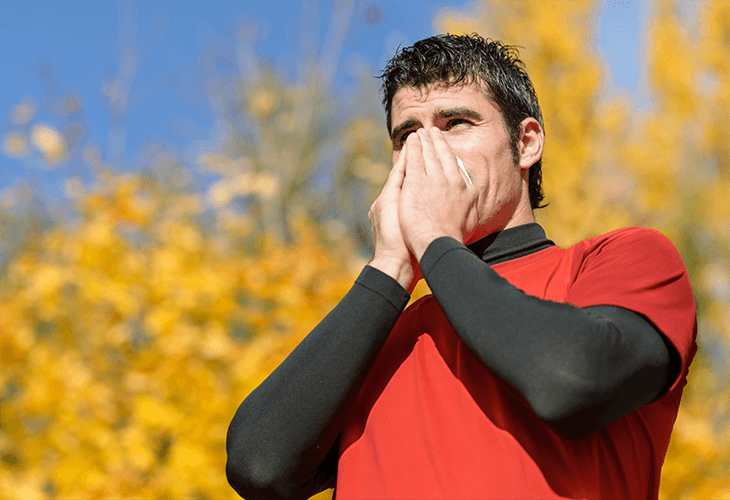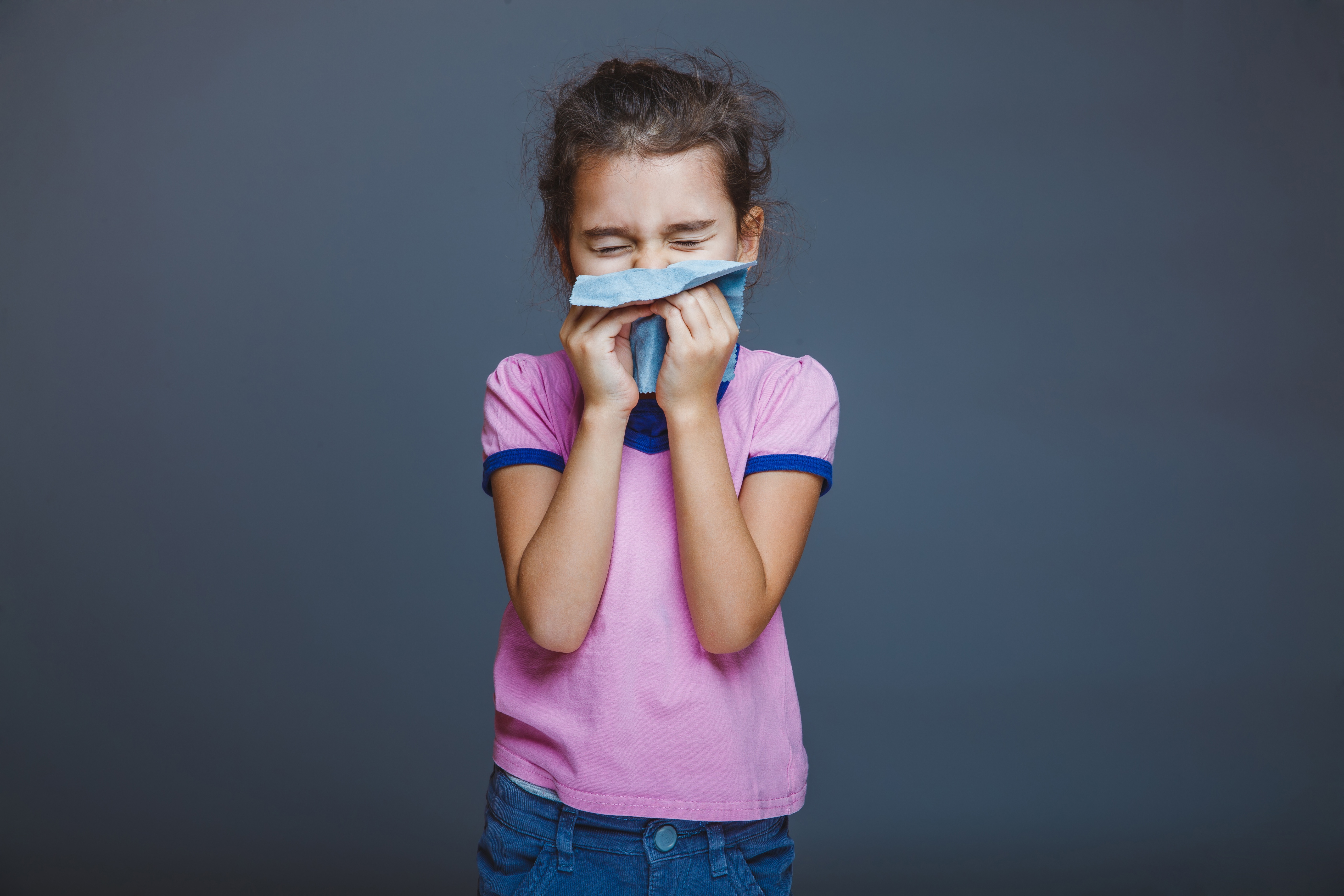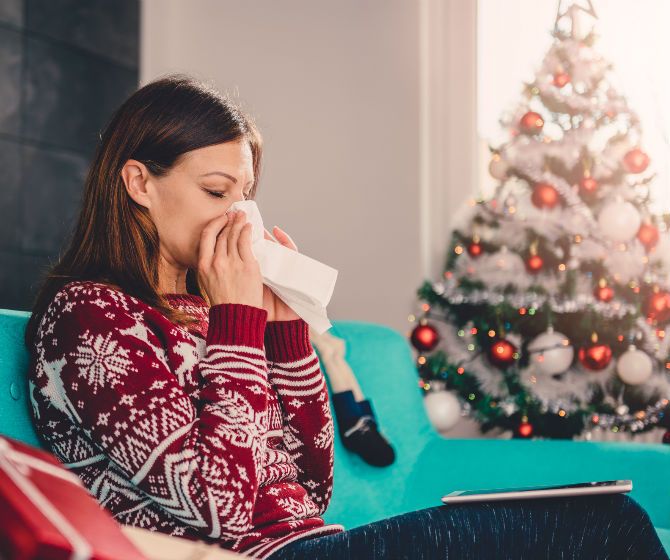By Ben Fletcher
Exercise with a Cold or Flu
Cold and flu symptoms are a yearly concern for anyone of any age. It is generally believed that there is little you can do to prevent them, save for distancing yourself from people already suffering from symptoms. Regular physical activity of moderate intensity may be a better overall solution, improving your overall chances of avoiding cold and flu entirely, or at the very least, improving your chances of fighting the illnesses off in record time.

Can being physically active prevent colds?
Physical activity is beneficial for your overall level of health, improving cardiovascular health, lowering blood pressure, helping to control body weight and protecting against multiple diseases.
In addition, Harvard Medical School report that exercise helps to strengthen the immune system, equipping your body to effectively fight off infections reducing the risk of coughs and colds. They go on to say that it may contribute more directly through promoting good circulation, meaning that the cells and substances of the immune system can move through the body easily and perform the various jobs they need to.
Currently, research is being performed to find out whether exercise has a direct influence on an individual's susceptibility to infection. However, even though there is currently no direct link that has been established, it's reasonable to consider regular moderate-intensity activity to be a beneficial aspect of healthy living, an important means for maintaining a healthy immune system, along with the rest of your body. Moderate activity can be described as activity that will raise your heart rate causing you to breathe faster and feel warmer. To gauge this, you should be able to hold a conversation, but unable to sing the words to a song. Typical examples of moderate activity include brisk walking, hiking, and yoga.
Is it okay to exercise when you have a cold?
You are generally safe to exercise when you have a cold, however, it's important to be sensible and listen to what your body is telling you. It may not be the best idea to try and break any records or personal bests, but you shouldn't necessarily stop working out completely. A good idea is to try some moderate-intensity activity first to see how you feel before increasing the intensity.
What you should be cautious of
Some cold and cough medicine will cause an increase in your heart rate, and as we know, so does physical activity. Therefore, the combination of these may result in your heart having to work harder that it usually does and could result in shortness of breath or trouble breathing.
In addition, watch out for the following symptoms when exercising with a cold:
- Your chest becoming even more congested
- Increased coughing and wheezing
- Tightness or pressure around your chest
- Difficulty breathing or shortness of breath
- Feeling dizzy or lightheaded
- Difficulty maintaining balance
We advise you that you stop exercising and contact a medical professional if you notice any significant changes, or are simply unsure of what to do.
Is it okay to exercise when you have the flu?
If your cold turns to a fever, additional exercise is likely to place more stress on your body. It is therefore advisable to wait a few days until you are feeling better before you begin regular exercise again. On return to regular exercise, gradually build yourself back up to your regular training programme.
It is not the best idea to jump back into high intensity training straight away, particularly if you have had a few days off. If it is strength training, start by lifting lighter weights for fewer sets and reps. If it is running, try a few shorter, slower runs before you go for your longer, more difficult efforts. Approaching your return to exercise like this will also help to reduce the risk of injury.
Important considerations when exercising with the flu:
- Ensure you take the time to recover from physical activity, particularly after performing high intensity or vigorous training
- Recovery from activity can be slower than usual
- Be careful about working out when you have a cold and are beginning to feel worse

